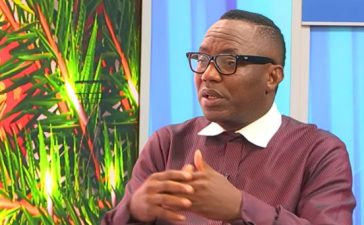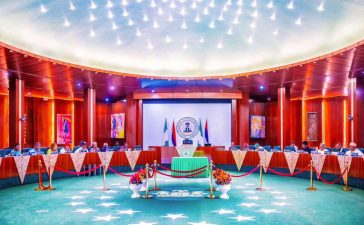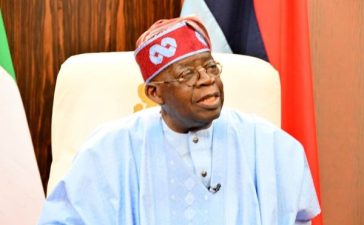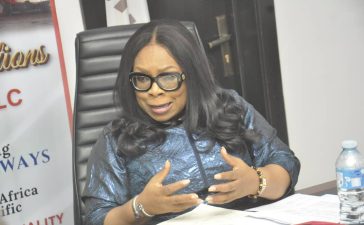The World Bank has revealed that more than 42 million Nigerians have slipped into poverty since 2018, warning that over half of the country’s population—about 54%—now lives below the poverty line.
This was disclosed in the April 2025 Poverty and Equity Brief for Nigeria, obtained on Monday. The report highlights persistent inflation, low labour income, and structural economic weaknesses as the main drivers of deepening poverty in Africa’s largest economy.
While acknowledging the Nigerian government’s economic reforms under President Bola Tinubu—such as the removal of fuel subsidies and the floating of the naira—the World Bank noted that these policies, though stabilising in intent, have worsened living conditions in the short term.
Inflation in Nigeria has remained a major concern. In March 2025, annual inflation stood at 24.23%, up from 23.18% in February. Core inflation, which excludes food and energy, rose to 24.43%, while food inflation—still painfully high—eased slightly to 21.79%. Consumer prices rose by 3.90% month-on-month in March.
The World Bank noted that “multiple shocks in a context of high economic insecurity have deepened and broadened poverty,” with labour incomes failing to keep up with the rising cost of living. Urban areas, in particular, are seeing a spike in poverty due to reduced purchasing power and limited job opportunities.
To mitigate the effects of inflation and economic strain, the government has launched a temporary cash transfer program aimed at reaching 15 million households. However, the rollout has been slow, limiting its immediate impact.
The World Bank has called for a more robust and sustainable approach. It urged the Nigerian government to invest fiscal savings from fuel subsidy reforms into expanding social protection, boosting productive work, and building human capital in sectors like education, health, and infrastructure.
“These short-term interventions need to be complemented by economic diversification that grows the non-oil sector and creates private sector jobs,” the Bank said. It stressed that improving the efficiency of public spending is crucial, especially with Nigeria’s limited fiscal space.
Based on 2018/19 data from the National Bureau of Statistics (NBS), 30.9% of Nigerians lived on less than $2.15 per day before the COVID-19 pandemic. Regional disparities also persist, with poverty affecting 46.5% of the northern population, compared to 13.5% in the southern parts of the country.
The World Bank concluded that reversing Nigeria’s poverty trajectory will require targeted interventions that not only provide short-term relief but also foster long-term economic inclusion and resilience.







